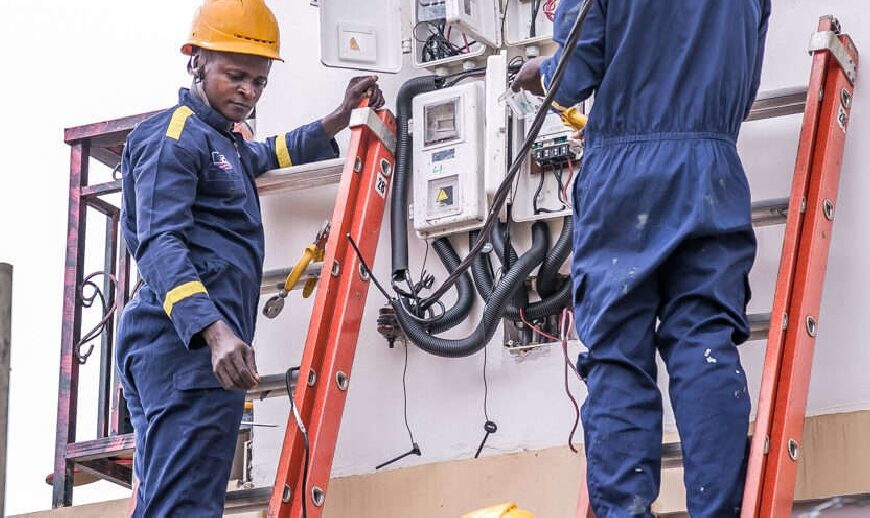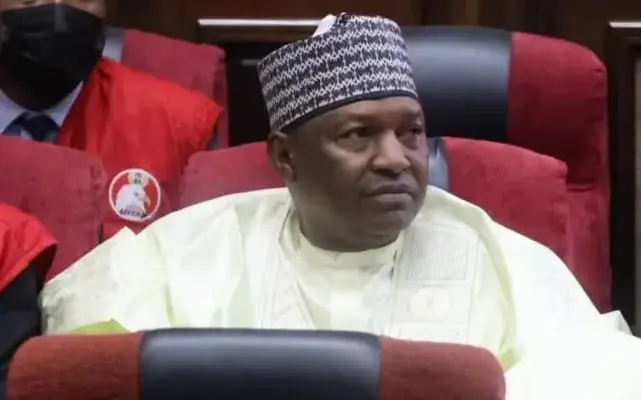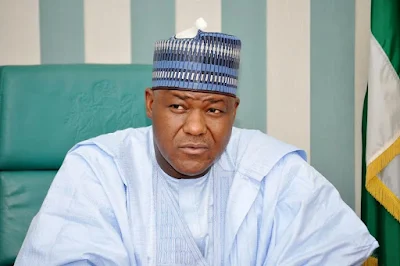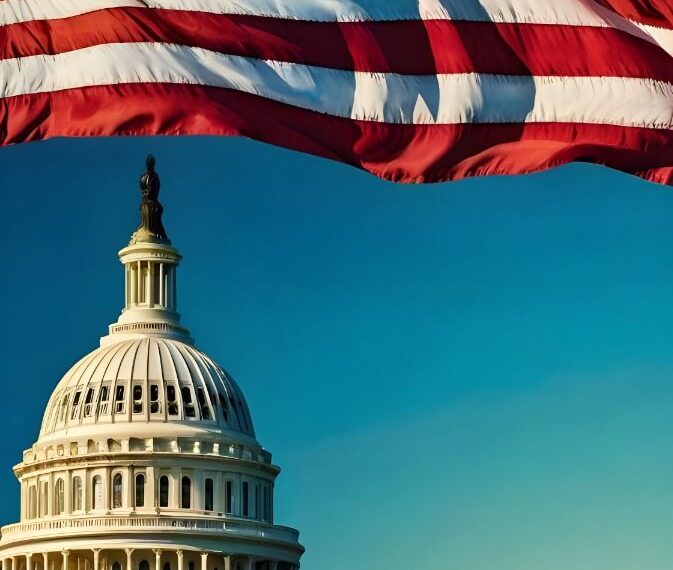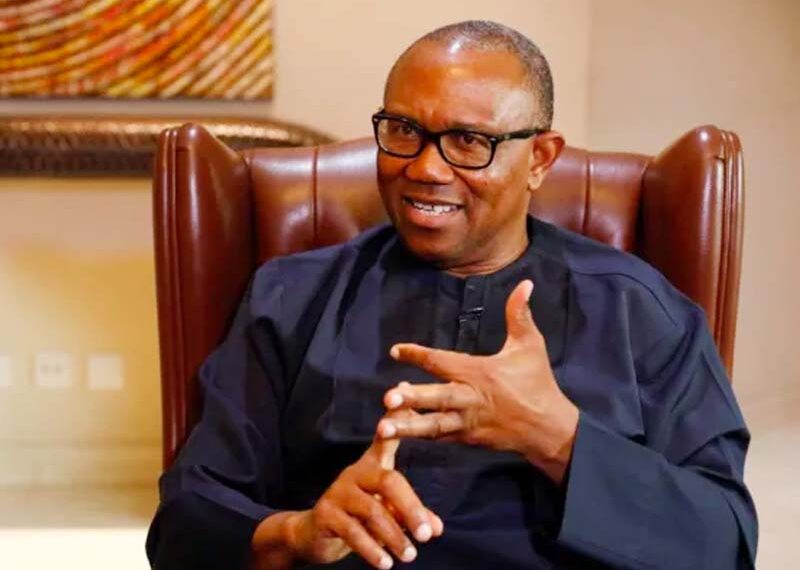Background of the Dispute

The long-running legal battle between Process and Industrial Developments Limited (P&ID) and the Federal Republic of Nigeria has taken yet another decisive turn — this time at the highest judicial level in the United Kingdom.
The case originated from a 2010 gas-processing agreement between Nigeria and P&ID, a British Virgin Islands–registered company. P&ID claimed that Nigeria breached the contract and sought arbitration, eventually securing an award of 6.6 billion US dollars plus interest, which later ballooned to over 11 billion dollars.
Nigeria, however, challenged the arbitration in the UK courts, arguing that the award was obtained through fraud and that enforcing it would violate public policy. In 2023, the UK Commercial Court agreed with Nigeria and set aside the massive award — a landmark victory for the country.
Following that ruling, a fresh dispute arose over legal costs. Nigeria had spent more than £44 million on litigation expenses and sought to recover them from P&ID. The firm, however, argued that any such payment should be made in Nigerian naira, not pounds sterling, citing the steep depreciation of the naira and alleged unfairness in currency conversion.
The Supreme Court’s Decision
On 22 October 2025, the UK Supreme Court unanimously dismissed P&ID’s appeal, affirming that:
- Nigeria incurred and paid its legal costs in pounds sterling — through invoices issued between 2019 and 2024 — and therefore the cost order should also be in sterling, not in naira.
- The purpose of a costs order is to indemnify a party for the actual legal expenses incurred, not to adjust for currency fluctuations or provide compensation for exchange-rate losses.
- There were no exceptional circumstances warranting a deviation from the established principle that costs are awarded in the currency in which they were incurred.
As a result, P&ID must pay Nigeria approximately £44.2 million in legal costs, excluding any interest that may accrue.
Implications of the Ruling
For Nigeria:
This judgment is a comprehensive legal and financial victory for Nigeria. It confirms the country’s right to recover its full litigation expenses in the same currency in which they were paid, protecting it from the economic impact of the naira’s depreciation. It also closes one of the final chapters in a dispute that had once threatened to drain billions of dollars from the nation’s reserves.
For International Arbitration:
The ruling establishes a clear precedent for future cross-border disputes: courts will normally award costs in the same currency used for payment of legal services. It also underscores the discretionary nature of cost awards and discourages parties from using exchange-rate arguments to reduce their liabilities.
For P&ID and Other Claimants:
The outcome highlights the financial risks that accompany large-scale arbitration against sovereign states. Losing a case of this magnitude not only wipes out potential damages but can also result in huge cost liabilities, as seen here. Claimants will now need to factor in cost-currency exposure and legal-risk management when pursuing international claims.
Why It Matters
The £44 million cost order is one of the largest in modern UK litigation history and reflects the scale and complexity of Nigeria’s defence. The decision also reinforces Nigeria’s commitment to fighting corruption and defending its interests in foreign courts.
Beyond the monetary implications, the judgment sends a strong signal that the UK judiciary prioritises fairness and financial realism over speculative currency arguments. For developing nations, it provides reassurance that persistence in defending fraudulent claims can yield justice at the highest level.
Conclusion
With this latest ruling, the UK Supreme Court has firmly closed the curtain on the P&ID saga — a decade-long legal battle that once posed a multibillion-dollar threat to Nigeria’s economy. The Court’s decision not only vindicates Nigeria’s legal strategy but also establishes a lasting precedent on how litigation costs should be treated in cross-border cases.
For Nigeria, the outcome is both symbolic and practical: a triumph of diligence, legal foresight, and national resilience. For the international arbitration community, it serves as a reminder that justice is not just about winning damages — it is equally about accountability, integrity, and the proper reckoning of costs.


